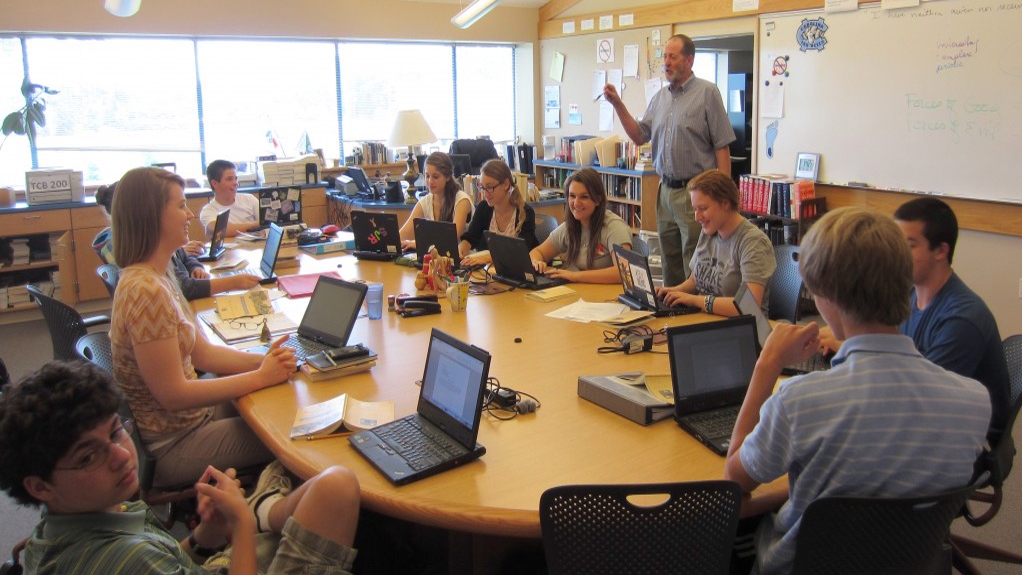Commentary on Parashat Beha'alotcha, Numbers 8:1-12:16
The human mind presents us with both a marvel and a mystery. Capable of mastering a remarkable range of complex tasks, of remembering obscure experiences or facts, that same organ will also forget an important appointment, an acquaintance’s name, or the contents of this morning’s breakfast. Simultaneously able to outperform a computer in our manipulation of data into concepts, each of us also faces the unpleasant reality that we continually forget information we desperately desire or need.
Anyone who has reviewed notes taken in college or remarks scribbled in the margins of books read years ago has admitted to the enormity of what is routinely forgotten. It is not uncommon for authors to report rereading their own writing after the passage of several years with the uncomfortable sense that they are no longer the masters of what those essays or books contain.
Today’s portion hints at this problem, and the rabbinic tradition suggests a remarkable reason for such frustrating lapses of memory. In our portion, Moses “told the people of Israel that they should keep the Passover.” Nothing surprising here, Moses often tells the Jewish people what they should or should not be doing.
But the midrash Sifrei Bamidbar objects that, in this case, the information he conveys is redundant. Didn’t the Torah already relate in the Book of Leviticus that “Moses declared the festival seasons of the Lord to the people of Israel?” So why does he have to repeat himself now?

Help us keep Jewish knowledge accessible to millions of people around the world.
Your donation to My Jewish Learning fuels endless journeys of Jewish discovery. With your help, My Jewish Learning can continue to provide nonstop opportunities for learning, connection and growth.
Sifrei goes on by answering its own question. “This teaches that he heard the passage of the festival seasons at Sinai and stated it to Israel, and then went and repeated it to them when the time had actually arrived to keep the rules … He stated to the people the laws for Passover at Passover, the laws for Shavuot at Shavuot, and the laws for Sukkot at that season.”
Why does Moses repeat the same injunction twice? Because he knows just how forgetful people can be. Recognizing that even the most intelligent, learned, and scholarly people forget much of what they learn, Moses knew that the Jews would have to be reminded of the appropriate mitzvot (commandments) just before the time of their observance.
Keen student of the human heart that he was, Moses knew that learning is ever renewed, or it is lost. Learning is not a possession, something to have. It is a process of growth and ingestion that is a permanent accompaniment to human life. Mistakenly viewing learning as conquest leads to the gradual loss of competence in a professional field — that is why so many professions require continuing education to be able to remain active, why professors and rabbis need regular opportunities to renew themselves through study, even sabbaticals. Knowledge and wisdom do not merely grow stale. They dissipate if not made fresh each day.
Midrash Kohelet Rabbah understood that point, insisting that, “It is for our own good that we learn Torah and forget it; because if we studied Torah and never forgot it, the people would struggle with learning it for two or three years, resume ordinary work, and never pay further attention to it. But since we study Torah and forget it, we don’t abandon its study.”
Here, the Rabbis make a virtue out of what might otherwise look like a universal shortcoming of human life. Even what we cherish, even what we spend hours poring over, trickles through the sieves of our minds, ultimately lost to us.
The corollary of this forgetfulness is the imperative to make learning a lifelong process. Keeping a Jewish book by the side of the bed, enrolling in an adult study program at the synagogue, seminary or university, learning Hebrew through podcasts, courses and books, all of these are ways not only of keeping our minds supple and our knowledge growing, but in fact provide the only possible antidote to the pervasive forgetfulness around us.
One of the laws of thermodynamics is the principle of entropy — that everything returns to chaos eventually. In the world of biology and physics, only the investment of new energy can counter the inevitable spread of disorder. True of the world of spirit as well, Judaism has made a cardinal out of Torah, Jewish learning. Jews in study together, the Mishnah teaches us, experience in the process the presence of God. So go ahead; learn a little.
Reprinted with permission from American Jewish University.



